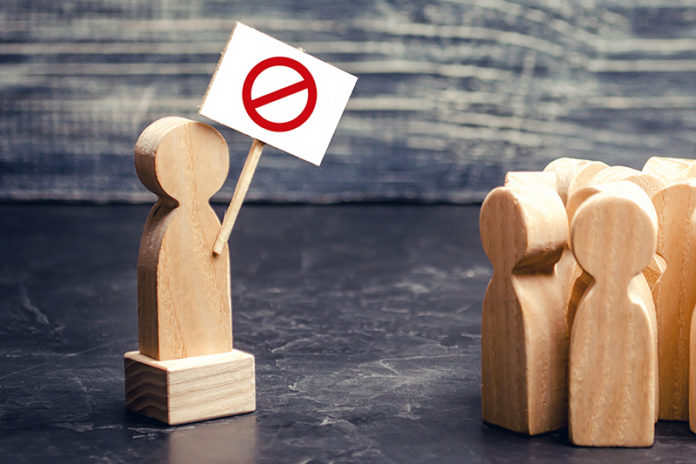Who makes a more credible ally: the self-important scolds who presume to speak for you, or the true friend who would rather risk discomfort than dishonesty?
The critics dogging Dave Chappelle over supposedly bigoted and transphobic jokes fall into the former camp. As cultural tastemakers, they reserve for themselves the right to decide what millions of people ought to find offensive.
Chappelle is the latter kind of ally. He took fledgling transgender comic Daphne Dorman under his wing, inviting her to open one of his stand-up shows in San Francisco. Humor opened the door to dialogue and mutual respect.
Their bond features prominently in Chappelle’s latest Netflix special, “The Closer,” whose provocative punchlines ignited a media firestorm. Revisiting themes from 2019’s “Sticks and Stones,” Chappelle expressed unease with the state of gender politics, defending J.K. Rowling for her conception of womanhood and musing that Caitlyn Jenner became one of Glamour’s Women of the Year in her first year living as a woman, leapfrogging other deserving candidates.
Comparing the fallout that followed rapper DaBaby’s homophobic tirade to the lack of concern over DaBaby fatally shooting a 19-year-old during a fight in a North Carolina Walmart, Chappelle quipped that you can kill a Black man in this country, “but you better not hurt a gay person’s feelings.”
Chappelle later clarified that he’s jealous of the LGBT rights movement’s effectiveness compared with African Americans’ uneven social progress.
Fellow comedian Roy Wood Jr. made a similar observation in his 2017 stand-up “Father Figure” and no one batted an eye, but Chappelle’s bit drew formal rebukes from gay rights groups, cable news talking heads and film and television critics.
In a sendup of his detractors, Chappelle rejected the notion that he’s “punching down” on marginalized groups. That cliched critique grates on comics, who revel in their unique role as equal-opportunity offenders and for whom no subject can be declared off-limits. He quoted trans friend Dorman’s tweet vouching for his character during the furor over “Sticks and Stones.”
“Punching down requires you to consider yourself superior to another group,” Dorman wrote. “@DaveChappelle doesn’t consider himself better than me in any way. He isn’t punching up or punching down. He’s punching lines. That’s his job and he’s a master of his craft.”
Dorman took her own life in October 2019, and Chappelle’s 16-minute chunk to close “The Closer,” the last of six specials on his Netflix contract, is a moving tribute. It also shows how common interests can unite people from diverse backgrounds who may not always agree on social issues.
Defending “Sticks and Stones” made Dorman a polarizing figure among LGBT activists.
Many accused the comic of deserting her peers. Dorman didn’t budge.
“I feel like she wasn’t their tribe; she was mine,” Chappelle says. “She was a comedian in her soul.”
That’s high praise from a stand-up superstar considered among the world’s greatest living comics, and it touches on thorny issues of identity, affinity and representation.
Throughout “The Closer,” Chappelle refers to “the LGBT community,” an umbrella term for lesbian, gay, bisexual and transgender people. The phrase evokes solidarity, but its careless overuse risks painting 5.6% of the U.S. population as a monolith.
Did Chappelle really offend an entire “community,” or did he merely tell jokes that some squeaky wheels in that community dislike?
GLAAD condemned Chappelle’s material and called on Netflix bosses to remove it from the online streaming service. But the organization can’t plausibly speak for all 15 million-plus gay, bi and transgender Americans, who are individuals with their own unique perspectives and senses of humor.
Likewise, film critics are hardly representative of the average comedy crowd. Reviewers panned “The Closer,” with Rotten Tomatoes showing a 43% score on its Tomatometer based on seven published reviews. The site’s audience score? A whopping 97%, with more than 1,000 people rating the special.
Raking a comic over the cultural coals is one thing, but pressuring Netflix to drop “The Closer” from its lineup raises the stakes.
Perhaps that’s why Chappelle flipped the script in the special’s final moment, urging LGBT advocates to choose conversation over cancellation: “All I ask from your community, with all humility — will you please stop punching down on my people?”































